Are you scared that you will be left alone? Fear of abandonment, to its excess, could show up as a lingering feeling of insecurity, intrusive thoughts, emptiness, unstable sense of self, clinginess, neediness, extreme mood fluctuations, and frequent relationship conflicts. On the flip side, we might cope by cutting off completely, and become emotionally numb.
Anxiety is a normal part of being in an intimate relationship. It usually comes in two forms- the fear of abandonment, and the fear of engulfment. If our previous experience in life or childhood was unstable or if we had unreliable caregivers, in relationships, we fear we will be abandoned. If our parents were controlling or we grew up in an enmeshed household environment, we will fear when people come too close we will be swamped, lose our sense of self or independence.
People with anxious-preoccupied attachment tend to experience a lot of fears over abandonment and rejection. While people with other attachment styles also have the same fears, people with this attachment pattern tend to feel them more consciously and have developed persistent emotional and behavioral patterns around these fears.
In contrast to avoidant people who are excessively independent, anxiously-preoccupied people may seek constant assurance, approval from their partners, and become overly dependent.
Do You Struggle With The Fear Of Abandonment?
You are hypervigilant and are always watching out for signs that your partner is losing interest in you. You are suspicious when your partner is not around, responding to you, or reply to your messages. You are suspicious and jealous of their contact with others. You may become needy, clingy, or challenge them, and they are frustrated that you do trust them more.
When your partner is not ‘insight’, you become overwhelmed by feelings of clinginess and a sense of ‘helplessness rage’ that you cannot express. You find it difficult to have a sense that others hold you in mind when they are away, but you also don’t want to come across as being jealous and possessive.
You feel a deep sadness and hollowness when people you are attached to are not physically by your side. You may have an unexplainable fear that someone important to you will be hurt, killed, or disappear suddenly.
You feel triggered by even the subtlest signs of criticisms. You experience ‘flashbacks’— visual or emotional — of the humiliation you had in childhood. When others don’t explicitly express praise or affection, you feel rejected; but when they compliment you or express love for you, you are not able to trust them.
You attach easily and sometimes trust people who were not ready for intimacy to begin with. You may also overstay in relationships that you know are unhealthy for you. When the relationship breaks down, you blame yourself and believe it was because you were not good enough.
Read Breaking The Cycle Of Abandonment
Sometimes, you feel like you are re-creating the psychodynamic with parents who were inconsistent in their love. Your parents were nice one day and cruel the other; warm one day and cold the other. Their contradictory communication creates confusion. As a child you could not relax into the safety net of parental embrace; even when love was given, you fear it would go away. You were always watching out for the next sudden withdrawal of affection or anger blow-out.
You compare yourself to others often and feel like you are less desirable or lovable. You have a harsh inner critic that continuously criticizes or threatens you. You may seek constant validation and reassurance from your partner, to the point where it gets tiring for both of you.
You are always watching out for the subtle signs of another person pulling away. This nervous energy saps energy that could otherwise have been available for productive work.
You don’t believe that you are good enough, so you overcompensate by being compliant and agreeable, sometimes disowning your needs. Resentment builds in the background, and you may suddenly have an anger outburst and surprises yourself and those around you. You later regret your reactions because your anger makes them distance themselves even more.
You may oscillate between being pushy and angry and being helpless and needy. You are defiant one day and people-pleasing on another, which creates identity confusion for both yourself and those around you.
Your feelings towards another person tend to swing between extremes, one day, they are the love of your life, and the next day you decide to withdraw your trust completely. On some days, complete dependence feels like the only option while on another day, you do not want to invest any hope.
You can become obsessed with people. You go through phases of becoming wildly addicted to someone. When you were younger, you fell in love with your teachers or classmates; mostly, these romances are one-way only; deep down you do not believe you can have a genuine relationship with those you idealize.
You long for affection, but when they are given, it is as though you cannot take in the soothing, because you are bus panicking about losing the love you have, and your energy is already focused on getting the next ‘fix’.
You hold grievances for longer than you would like to and ruminate over events in which you feel you have been wronged.
You make intense efforts to please others, but feel resentful later when your efforts are not reciprocated. Sometimes, you are deeply hurt by other people’s thoughtlessness.
You tend to seek advice or reassurance but remain unconvinced when help is given.
When there is a conflict, you may storm off, but on the assumption that you can return whenever you are ready. You might have underestimated the strain this puts on the relationship until your partner protests by leaving you.
You get distracted by relationship stress so much you have a hard time focusing on work and get held back in your career.
Read 8 Ways Your Fear and Insecurity Is Sabotaging Your Relationship
What Is ‘Object Constancy’?
Neuroscientists have found that our parents’ response to our attachment-seeking behaviors, especially during the first two years of our lives, encode our model of the world. If as infants, we have healthy attachment interactions with an attuned, available, and nurturing caregiver, we will be able to develop a sense of safety and trust.
If our parents were able to respond to our calls for feeding and comfort most of the time, we would internalize the message that the world is a friendly place; when we are in need, someone will come and help us. We would also learn to calm ourselves in times of distress, and this forms our resilience as adults.
If, in contrast, the message that we were given as an infant was that the world is unsafe and that people cannot be relied upon, it would affect our ability to withstand uncertainty, disappointments, and relationships’ ups and downs.
Most people are able to withstand some degree of relational ambiguity and not be entirely consumed by worrying about potential rejection. When we argue with our loved ones, we can later bounce back from the negative event; When they are not physically by our side, we have an underlying trust that we are on their mind. All these involve something called Object Constancy– the ability to maintain an emotional bond with others, even where there are distance and conflicts.
Object Constancy originates from the concept of Object Permanence— a cognitive skill we acquire at around two to three years old. It is the understanding that objects continue to exist even when they cannot be seen, touched, or sensed in some way. This is why babies love peekaboo- when you hide your face, they think it has ceased to exist.
According to psychologist Piaget, who founded the idea, achieving Object Constancy is a developmental milestone. To learn more, there are plenty of youtube videos of babies demonstrating this.
Object Constancy is a psychodynamic concept, and we could think of it as the emotional equivalence of Object Permanence. To develop this skill, we mature into the understanding that our caregiver is simultaneously a loving presence and a separate individual who could walk away.
Rather than needing to be with them all the time, we have an ‘internalized image’ of our parents’ love and care. So even when they are temporarily out of sight, we still know we are loved and supported. In other words, with Object Constancy we are able to experience things and people as reliable and constant.
In adulthood, Object Constancy allows us to trust that our bond with those who are close to us remains whole even when they are not physically around, picking up the phone, replying to our texts, or even frustrated at us. With Object Constancy, absence does not mean disappearance or abandonment, only temporary distance. People with a secure early attachment could locate a sense of trust from within themselves, rather than relying on the constant reassurance from another.
Read How Childhood Trauma Impacts our Physical, Emotional and Relational Health
For all of us, the fear of abandonment begins when we were thrown into the cold, alien world from our mother’s womb. Since no parent could be available and attuned 100% of the time, we all suffer at least some minor bruises in learning to separate and individuate. However, if we had experienced more severe early or even preverbal attachment trauma, have extremely inconsistent or emotionally unavailable caregivers, or a chaotic upbringing, our emotional development might have been stunted at a delicate age, and we never had the opportunity to develop Object Constancy.
“Since the earliest period of our life was preverbal, everything depended on emotional interaction. Without someone to reflect our emotions, we had no way of knowing who we were.” – John Bradshaw
If we have an insecure attachment, any kind of distance, even brief and benign ones, can trigger us to re-experience the original pain of being left alone, dismissed, or disdainful. Our fear could trigger survival strategies such as denial, clinging, avoidance and dismissing others, lashing out In relationships, or the pattern of sabotaging relationships to avoid rejection.
Without Object Constancy, we relate to others as ‘parts,’ rather than ‘whole.’ Just like a child who struggles to comprehend the mother as a complete person who sometimes rewards and sometimes frustrates, we struggle to hold the mental idea that both themselves and ourselves have both good and bad aspects.
We may experience relationships as unreliable, vulnerable, and heavily dependent on the mood of the moment; There seems to be no continuity in the way they view our partner- it shifts moment to moment and is either good or bad.
Without the ability to see people as whole and constant, it becomes difficult to evoke the sense of the presence of the loved one when they are not physically present. The feeling of being left on our own can become so powerful and overwhelming that it evokes raw, intense, and sometimes child-like reactions.
When abandonment fear is triggered, shame and self-blame closely follow, further destabilizing us. Because the origins of these strong reactions were not always conscious, it would seem as though we were ‘unreasonable,’ ‘immature.’ In truth, if we think of them ourselves as acting from a place of repressed or dissociated trauma; and consider what it was like for a two-year-old to be left alone or be with an inconsistent caregiver, the intense fear, rage, and despair would all make sense.
“She held herself until the sobs of the child inside subsided entirely. I love you, she told herself. It will all be okay.” ― H. Raven Rose
Healing The Void
Fear of abandonment itself is not a pathology. It is a natural part of the human psyche and is hardwired into our survival mechanism. On the most primitive level, the idea of being abandoned and left entirely and forever alone fill us with terror. It signifies an existential death, an annihilation- a feeling that we would cease to exist.
However, to have mature, fulfilling relationships, we must learn to trust and love without being immobilized by excessive anxiety.
A big part of developing Object Constancy is to have the ability to hold paradoxes in our minds. We ought to embrace the fact that both ourselves and others are complex beings finding our ways in a fluid and ever-changing dynamic dance. The same way the caregiver who feeds us is also the one who fails us, we must come to grapple with the truth that no relationship or people are all good or all bad.
Read Become A Relationship Superhero: How To Turn Insecurity Into A Superpower
If we are able to hold both the faults and the virtues in ourselves and others, we would not have to resort to the primitive defense of ‘splitting,’ or black-or-white thinking. We do not have to devalue our partners because they have disappointed us completely. We could also forgive ourselves- just because we are not perfect all the time does not mean we are, therefore ‘bad,’ or unworthy of love.
Our partner could be limited and good enough at the same time.
They could love and be angry at us at the same time.
They might need to distance themselves from us sometimes, but the foundation of the bond remains solid.
For a moment, tune into your breathing, and observe how like a human relationship, and everything else in nature, there is a natural ebb and flow. Gradations in life are numerous and varied. We need to breathe out, contract to expand. A healthy relationship requires a dynamic flow between closeness and distance, ups, and downs, disappointment, and fulfillment.
No one or no relationship is a static one thing. If we think of our relationship as a dance or music— there is no closeness without distance, no music without the intervals. If we fixate only on the times we are together and ignoring the empty spaces, we stifle the pulsation, and eventually squander the relationship.
The next critical step of healing from abandonment fears is to cultivate self-reliance. Fear of abandonment fear is over-powering because it brings back the deep trauma that we carry from when we were little children, being thrown into this world as helpless beings, utterly dependent on those around us. But we must acknowledge that some of our fears no longer reflects our current reality.
Although there is never absolute certainty and safety in life, we are an adult now and have different choices. We have strength, we have resilience, we have autonomy and freedom.
As adults, we could no longer be ‘abandoned’- if a relationship comes to an end, it is the natural consequence of a mismatch in two people’s values, needs, and life paths.
We could no longer be ‘rejected’- for the value of our existence does not depend on the opinions of others.
We could no longer be engulfed or trapped- we can say no, set limits, and walk away.
As a resilient adult, we could cradle the two-month-old inside of us that was terrified of being dropped; We learn to stay inside of our bodies even in fear without dissociating; and we could stay in relationships with others even in the midst of uncertainty, without running away into avoidance and defenses.
Rather than getting stuck in a search for the ‘missing piece,’ we come to recognize ourselves as a whole and integrated being.
The trauma of being dropped and left alone has passed, and we are given the opportunity for a new life. We are now strong enough, vast enough, and resilient to surf the wave of human life.
“The sun loved me again when it saw that the stars would not abandon me.” – Jenim Debie
If you identify with some of the above, I hope this piece serves as a source of hope. We are all a work in progress, and none of us has the perfect attachment, perfect history, or perfect relationship. It is never too late for insights and change.
As I Began To Love Myself
As I began to love myself, I found that anguish and emotional suffering are only warning signs that I was living against my own truth. Today, I know, this is AUTHENTICITY.
As I began to love myself I understood how much it can offend somebody if I try to force my desires on this person, even though I knew the time was not right and the person was not ready for it, and even though this person was me. Today I call it RESPECT.
As I began to love myself I stopped craving for a different life, and I could see that everything that surrounded me was inviting me to grow. Today I call it MATURITY.
As I began to love myself I understood that at any circumstance, I am in the right place at the right time, and everything happens at the exactly right moment. So I could be calm. Today I call it SELF-CONFIDENCE.
As I began to love myself I quit stealing my own time, and I stopped designing huge projects for the future. Today, I only do what brings me joy and happiness, things I love to do and that make my heart cheer, and I do them in my own way and in my own rhythm. Today I call it SIMPLICITY.
As I began to love myself I freed myself of anything that is no good for my health – food, people, things, situations, and everything that drew me down and away from myself. At first I called this attitude a healthy egoism. Today I know it is the LOVE OF ONESELF.
As I began to love myself I quit trying always to be right, and ever since I was wrong less of the time. Today I discovered that is MODESTY.
As I began to love myself I refused to go on living in the past and worrying about the future. Now, I only live for the moment, where everything is happening. Today I live each day, day by day, and I call it FULFILLMENT.
As I began to love myself I recognized that my mind can disturb me and it can make me sick. But as I connected it to my heart, my mind became a valuable ally. Today I call this connection WISDOM OF THE HEART.
We no longer need to fear arguments, confrontations or any kind of problems with ourselves or others. Even stars collide, and out of their crashing new worlds are born. Today I know THAT IS LIFE!
-Charlie Chaplin
For more, please visit eggshelltherapy.com
Written by Imi Lo
Originally appeared on Eggshell Therapy And Coaching For The Emotionally Intense
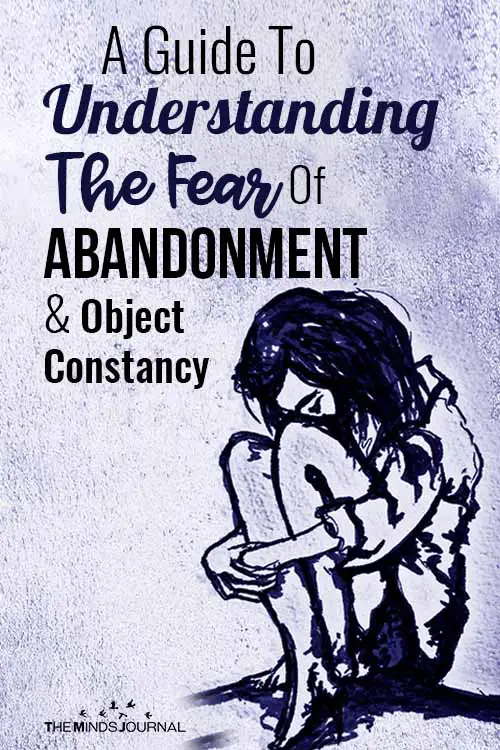
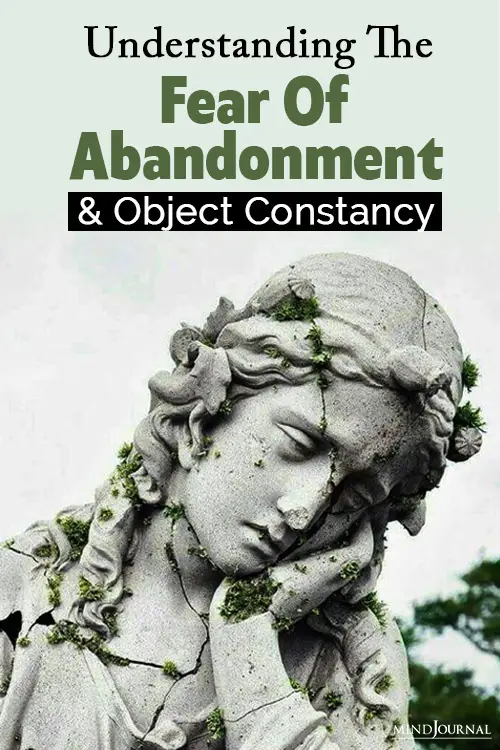
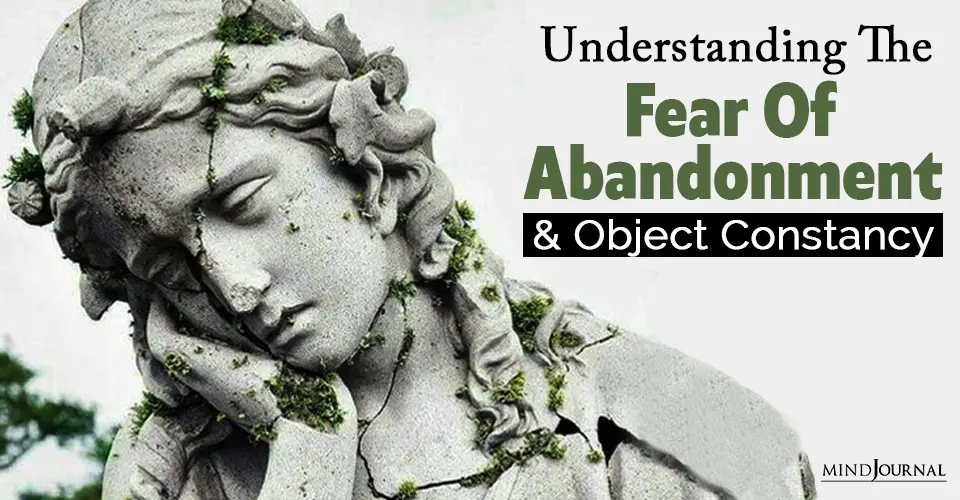

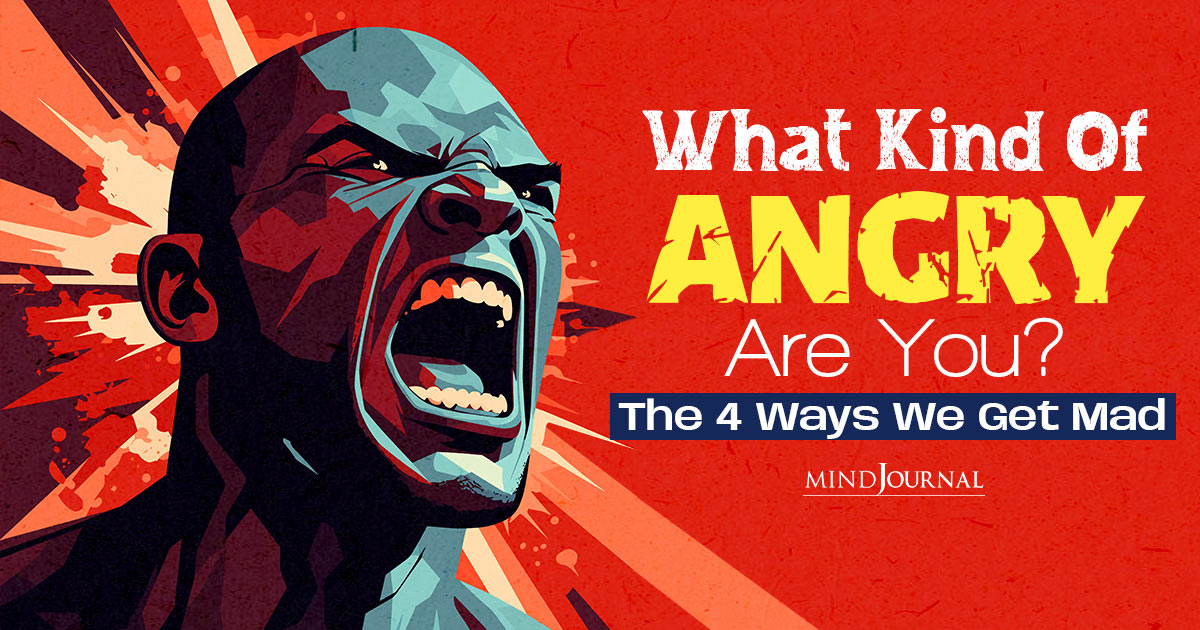

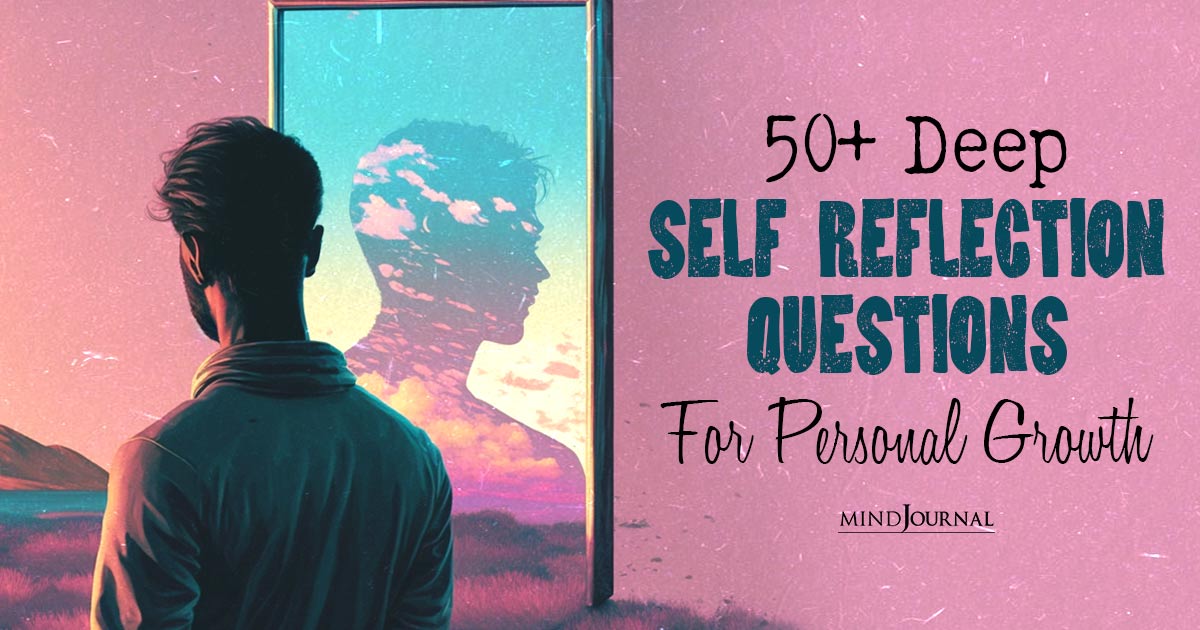
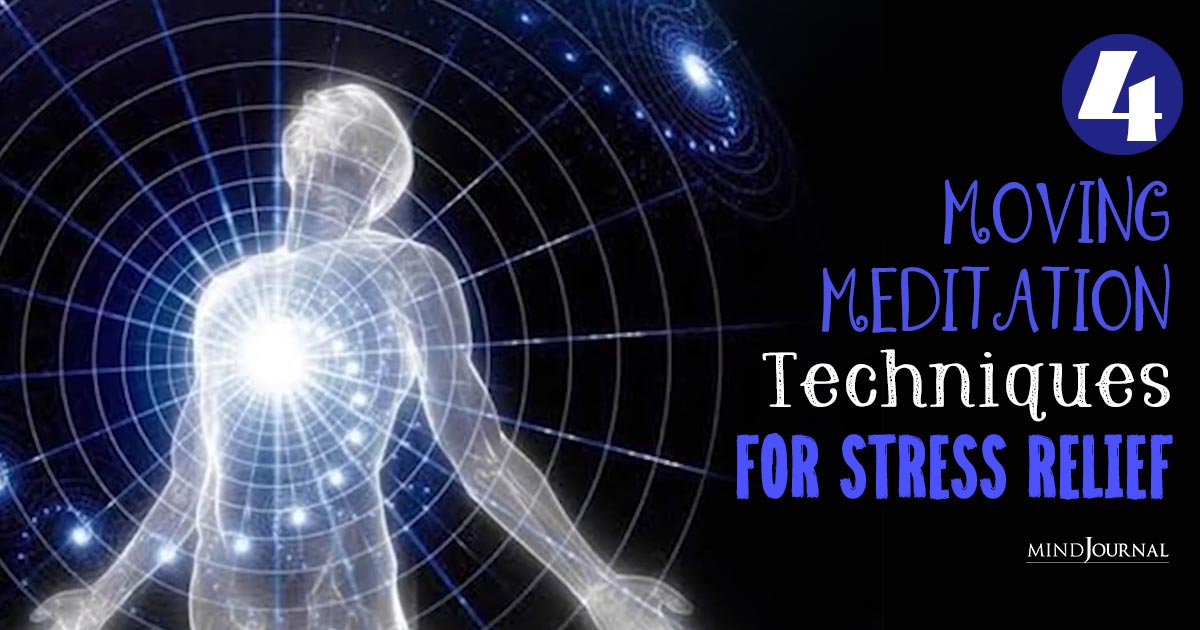
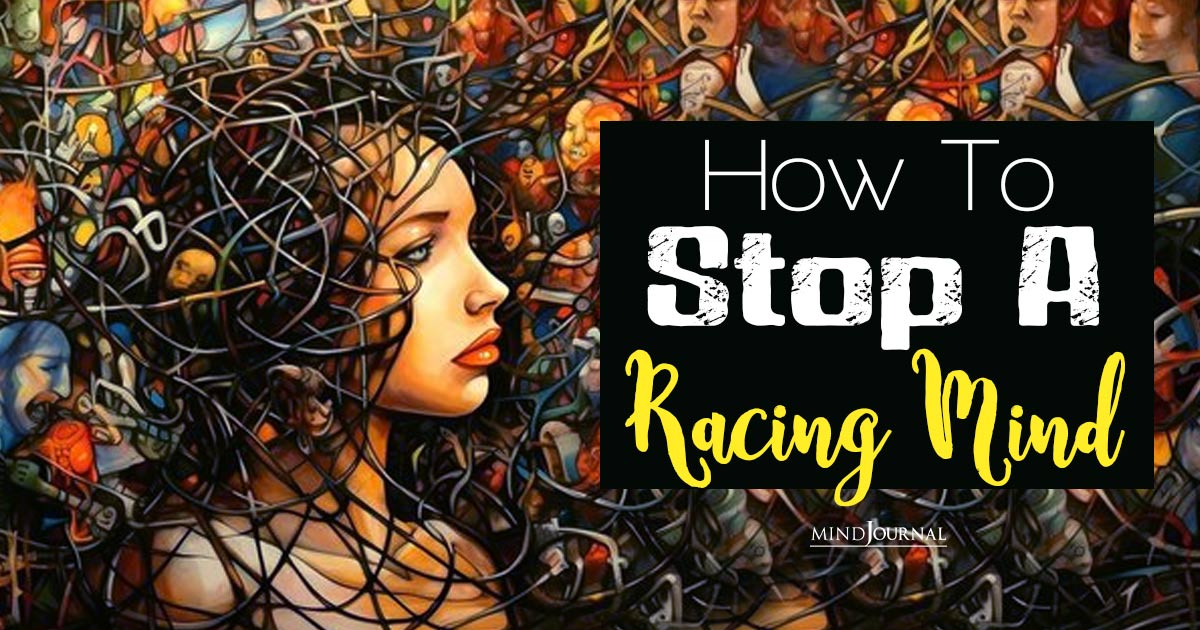
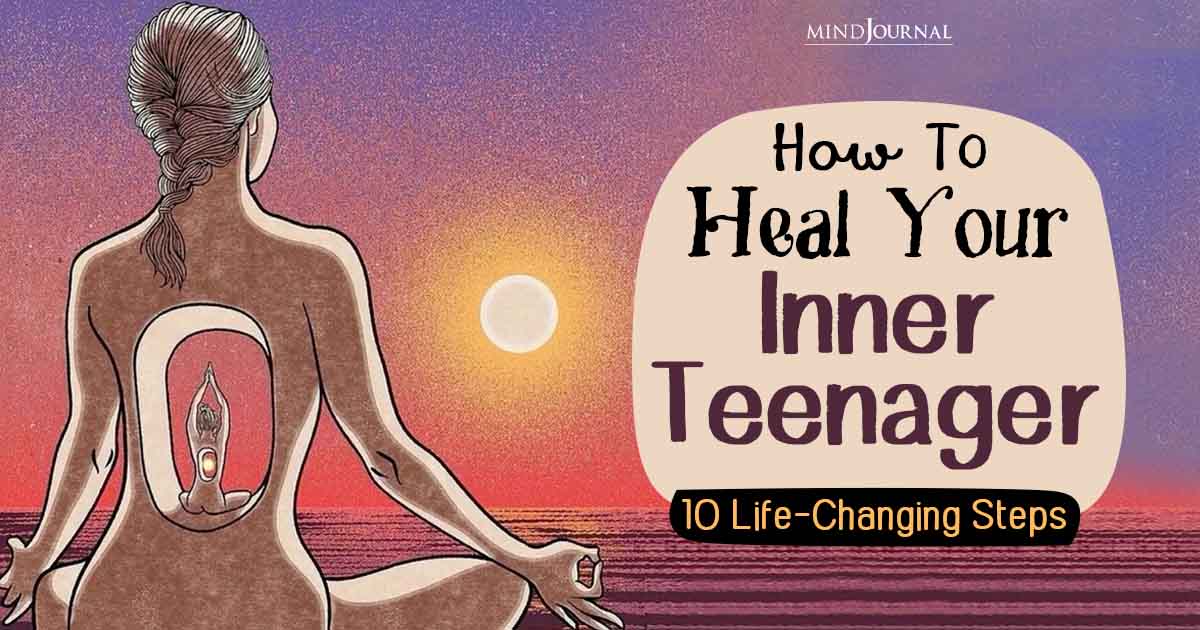
Leave a Reply
You must be logged in to post a comment.